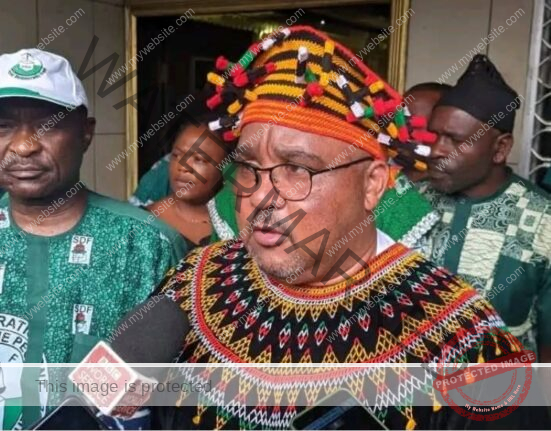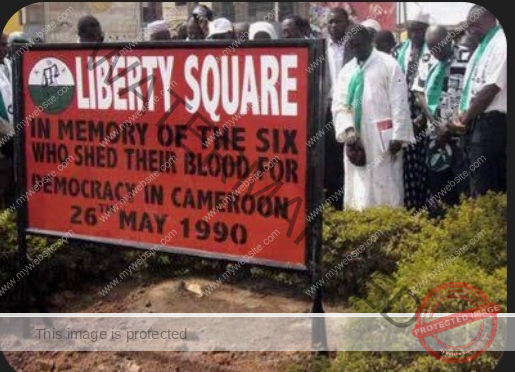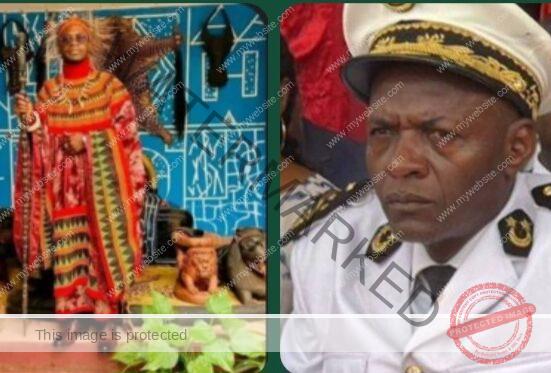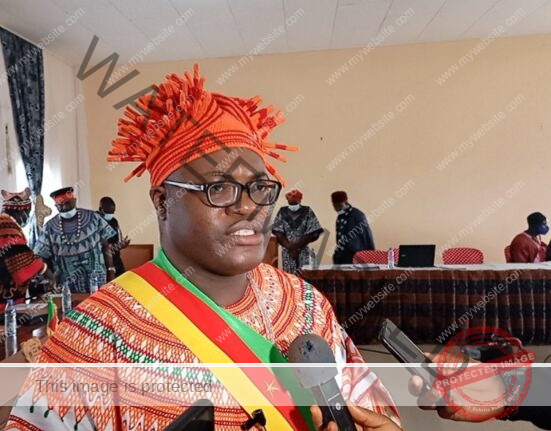Dear Mr. Kennedy Abang,
Thank you for engaging with our recent editorial on The Eleventh Province Dilemma in Ambazonia’s Political Tragedy.
Your response raises important points about the distinction between ethnicity and nationalism, and the historical complexity of political allegiance in the Bamenda Grassfields.
However, your rebuttal—while passionate—misinterprets the core thrust of our article and inadvertently reinforces the very argument it aims to clarify.
First, you are absolutely right that nationality is not the same as ethnicity, and that ethnic loyalties often clash with nationalist aspirations. But this is precisely the essence of the Eleventh Province concept: it was engineered as an ethnically convenient Trojan Horse to undermine Ambazonian nationalism by blending ethnic familiarity with political subversion. The French-controlled regime in Yaoundé, through covert strategies and engineered political appointments, created a subclass of English-speaking Cameroonians—descendants of refugees from the UPC wars—whose cultural assimilation into Southern Cameroons would be used to justify later annexation and erasure of that very same identity.
This hybrid identity—English-speaking by tongue but loyal to the structures of La République du Cameroun—is not accidental. It is the product of a deliberate ethno-political fabrication. These individuals were groomed to sound Ambazonian, but think and act like colonial agents. Hence, what you call “divided allegiance” is not merely an accident of migration but a strategic policy outcome, driven by France’s deep state intelligence and executed through instruments like the Essingan cult and communal liberalism doctrine. As Dr. Sako has often noted, these “English-sounding Francophile loyalists” have done more to destabilize Southern Cameroons nationalism than any overt Francophone invasion.
The personalities you mention—Foncha, Ntumazah, Kisob, and others—deserve a nuanced analysis. Some of them, especially Foncha, were co-opted into the project of reunification after an initial posture of resistance. But their eventual silence or submission cannot be separated from the psychological warfare that the 11th Province doctrine unleashed—a system where proximity to the colonial center brought privilege, while fidelity to Ambazonian ideals meant marginalization.
Moreover, your assertion that the topic is under-researched is partially accurate. But rather than dismiss the current discussion, this should be a call to scholars, journalists, and truth-seekers to deep-dive into the systematic role of identity manipulation, language-based allegiances, and elite capture in the undoing of the 1961 vision. Our article was precisely a contribution to this much-needed discourse.
Lastly, we caution against the temptation to essentialize entire groups—Bamileke, Beti, or Grassfielders—into rigid political identities. That approach undermines the broader Ambazonian struggle, which has always been rooted in the right to self-determination, not ethnic supremacy. The true betrayal is not ethnic—it is ideological. The “11th Province” is not a people—it is a policy. A strategy of capture. A blueprint of assimilation. And until it is fully exposed, Ambazonia’s decolonization will remain incomplete.
Sincerely,
The Editorial Desk
The Independentist





















Leave feedback about this